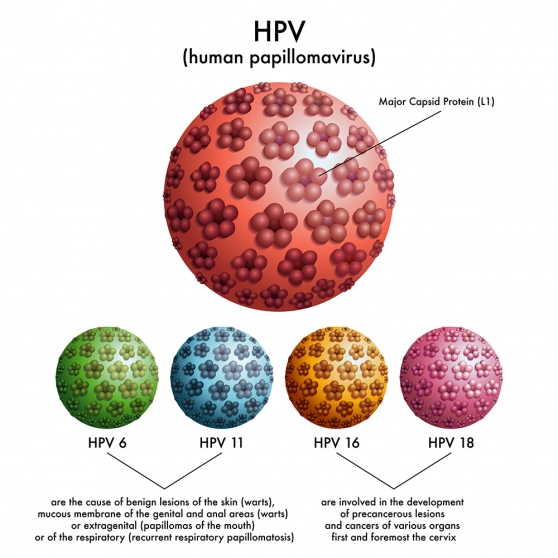A Guide to Childhood Vaccines
According to the CDC, human papillomavirus (HPV) is the most common sexually transmitted infection in the US. It can cause cervical, neck and throat, penile or anal cancer. The HPV vaccine is recommended for children starting at 11 or 12 years old — regardless of sexual activity — because the vaccine is most effective when given before the child can be exposed to the virus. Common side effects of the vaccine are pain or redness of the injection site, mild to moderate fever and headaches.
Reviewed by:
Review Date:
July 23, 2015Citation:
Image courtesy of Seanlockephotography | Dreamstime.com Image courtesy of Designua | Dreamstime.com Image courtesy of Jarun011 | Dreamstime.com Image courtesy of Lucidwaters | Dreamstime.com Image courtesy of Alexskopje | Dreamstime.com Image courtesy of Attila Barabás | Dreamstime.com Image courtesy of Jean Paul Chassenet | Dreamstime.com Image courtesy of Sherry Young | Dreamstime.com Image courtesy of Rob3000 | Dreamstime.com Image courtesy of Designua | Dreamstime.com Image courtesy of Madhourse | Dreamstime.com CDC, "Chickenpox (Varicella): Vaccination" CDC, "Meningococcal Vaccine for Preteens and Teens" dailyRx News, "Back to School! Are You Ready?" dailyRx News, "Your Child's First 6 Months of Vaccines" dailyRx News, "Back-to-School Health" CDC, "HPV Vaccine - Questions & Answers" Medline Plus, "MMR Vaccine (Measles, Mumps, and Rubella)" Mayo Clinic, "Polio" Mayo Clinic, "Diphtheria" CDC, "Rotavirus: Vaccination" CDC, "Hepatitis A FAQs for the Public"
Last Updated:
July 23, 2015
